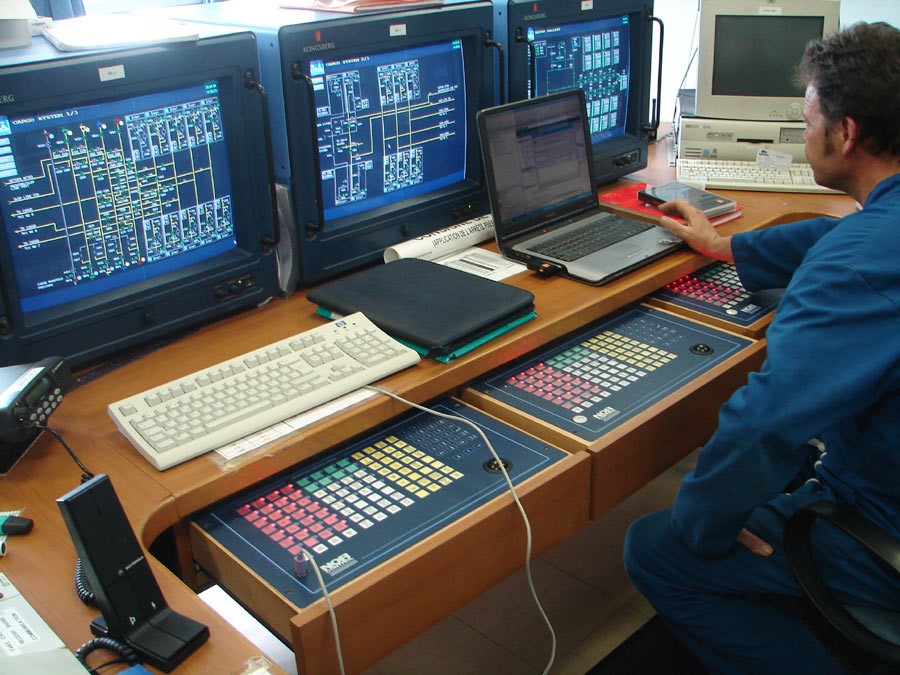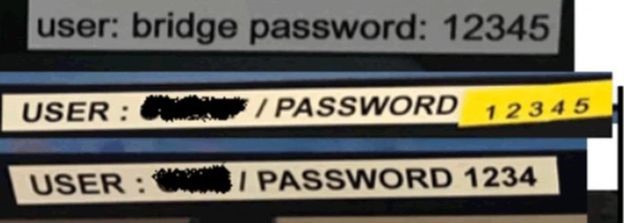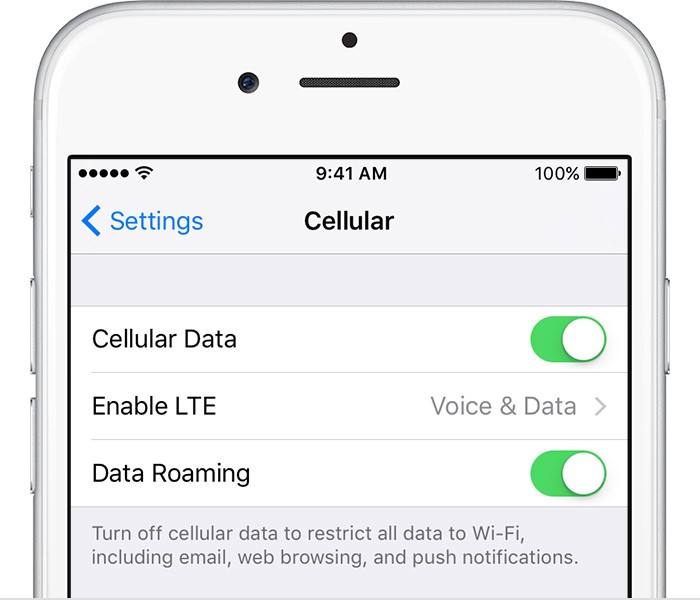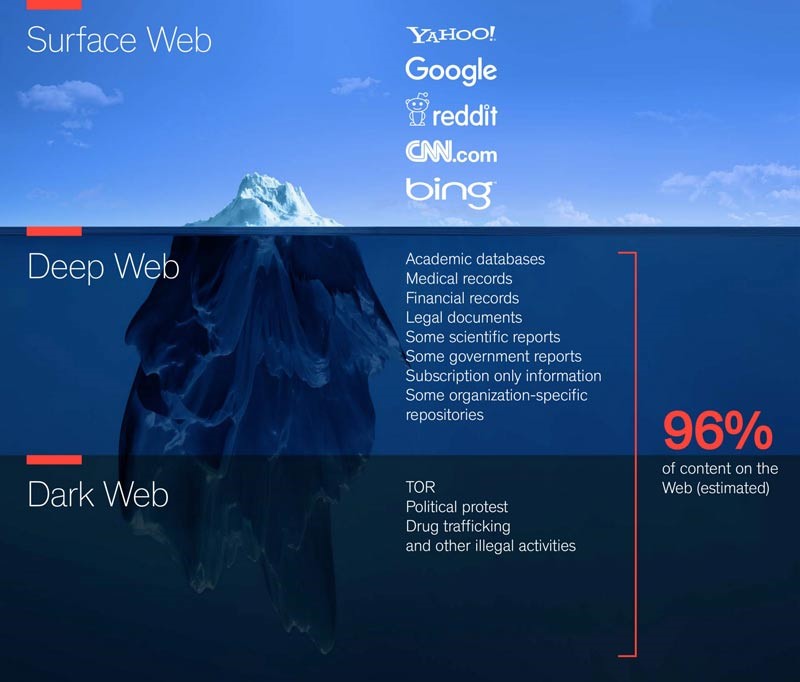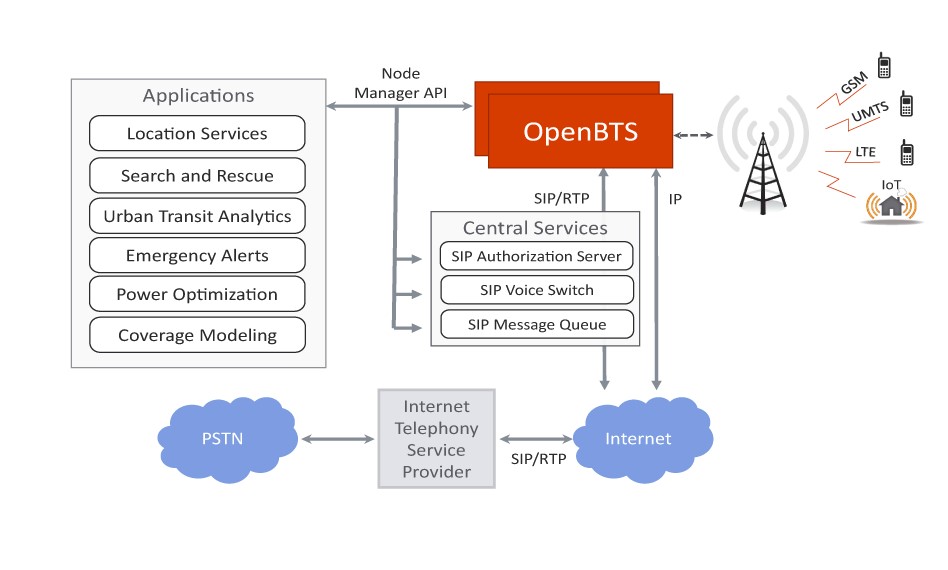Cyber Operators Course (Op) – Module 3
Different Risks and terminology – Script kiddie
Referred to as ‘skiddies’ in the industry, this is typically a teenager with some technical skill, probably sat in a bedroom at their parents home.
They often have an inflated view of their own ability, usually relying on tools that others have written. The most significant issue for the victim is that script kiddies pay little attention to or have little understanding of the law and may even be too young for law enforcement to prosecute their crimes.
Script kiddies will literally play with systems on the internet. An interesting web interface that’s accessible with no authentication will be very attractive to them. Interesting buttons to click on the interface, interesting system diagrams. That button might switch off your dynamic positioning system, but they don’t care; they’re inquisitive. Sounds far-fetched? It’s actually happened.
The best defence against a script kiddie is to ensure that you have dealt with the basics of your security. If you demonstrate even reasonable security defences, they will simply move on to the next organisation that has worse security than yours.


